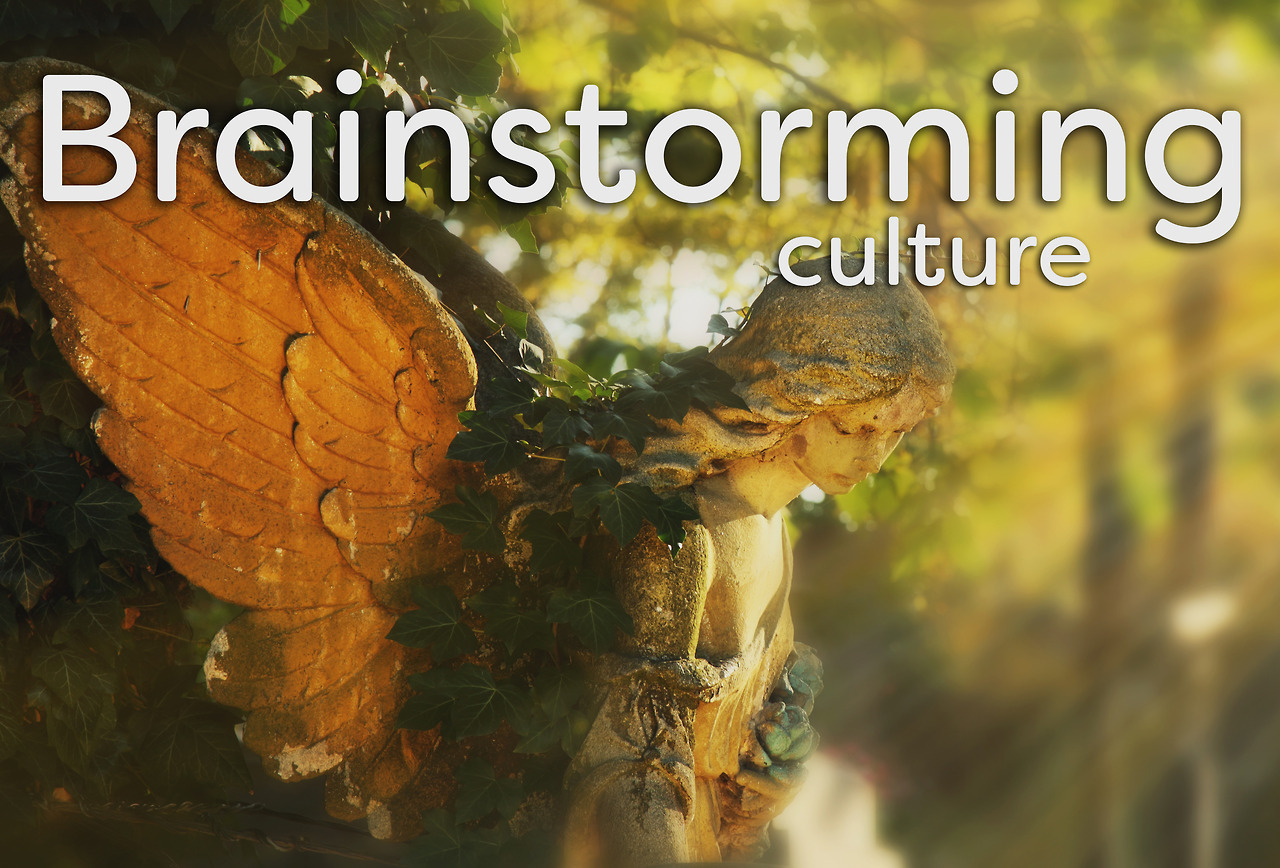wondrousworldbuilding: Why develop a fictional culture?When you’re creating a race of people for you
wondrousworldbuilding: Why develop a fictional culture?When you’re creating a race of people for your new world, you need a culture to give those people and their way of life some context. The culture helps determine how the characters act, dress, eat, solve problems, among so many other things. You can (and sometimes, should) have multiple cultures in your world, depending on how large your focus area is. Cultures affect each other, but also serve in a narrative sense to draw contrast in-world and to draw parallels to the reader’s world. So here are some thoughts, big and small, that are meant to help inspire you as you create amazing cultures. (And remember that you’re thinking about the following questions in the context of the general population, not your main character(s).) You can simply answer these questions in short-answer form, or you can write a short story to flesh out one or two or three questions at once. If you do that, submit them to me! I’d love to feature them on the blog. How old do people believe their race is? How old are they really?How prevalent are religions to the common person?What is/are the origin stories of the main religion(s)?What do most people think should be the highest priority:biological family?chosen family?career?service/charity (of any kind)?religion?entertainment/fun?nation?expansion (of nation/culture/influence/understanding)?How do culturally shared priorities shape interactions?What is the common greeting? Does it vary by age, class, rank, or sect?How is gender viewed by the majority? Why?What are common myths/legends of your people and how heavily do they influence the modern day?How trustful are people of outsiders?How welcoming are people, in general, of strangers into their homes?How well do people of various factions (class, race, religion, etc.) get along in society?How far has technology advanced, and how has it been implemented into their daily lives?If magic exists, what do they believe is its origin? Its source?If there is division between magic/non-magic, how do the two treat each other and why? How long has it been that way?What sort of relationship do they have with their ruler?How content is the average person?How do people make their living and how big a part of their life is their career (if applicable)?Do they have “weekends” and if so, what sets them apart from “weekdays”?How do they treat their close friends?How do they treat their enemies?How do they handle small conflict, between individuals or small groups?How do they handle larger conflicts?How are they prepared for any potential war? Do they have some sort of military or militia in place? How many wars have they, as a society, fought over the course of their lives/history? How much of an impact does that have on their cultural identity? (i.e. WW2′s impact on patriotism in America, and how it’s yet to go away.)What virtues do they value in individuals? What virtues do they say they value? If those are different, why?How do they dress? Does it vary greatly by gender, or not? Is their focus on clothing very practical, religious, sentimental, or simply driven by the latest arbitrary fashion? How do the above answers reflect on the culture on a deeper level?How do they treat their elderly?How do they treat their children?At what age does a baby become a child, a child a young adult, a young adult an adult, an adult an elder?How much regulation does the day-to-day life of the average citizen entail? Or, how involved is the government in micro affairs?How are these people seen throughout their known world? How do other cultures view this culture? Check out the rest of the Brainstorming Series! Magic Systems, Part OneMagic Systems, Part Two New Species New Worlds Map MakingPolitics and Government Belief Systems & Religion Guilds, Factions, & Groups War & ConflictScience & Technology Wildlife & EcosystemsHistory & Lore -- source link
